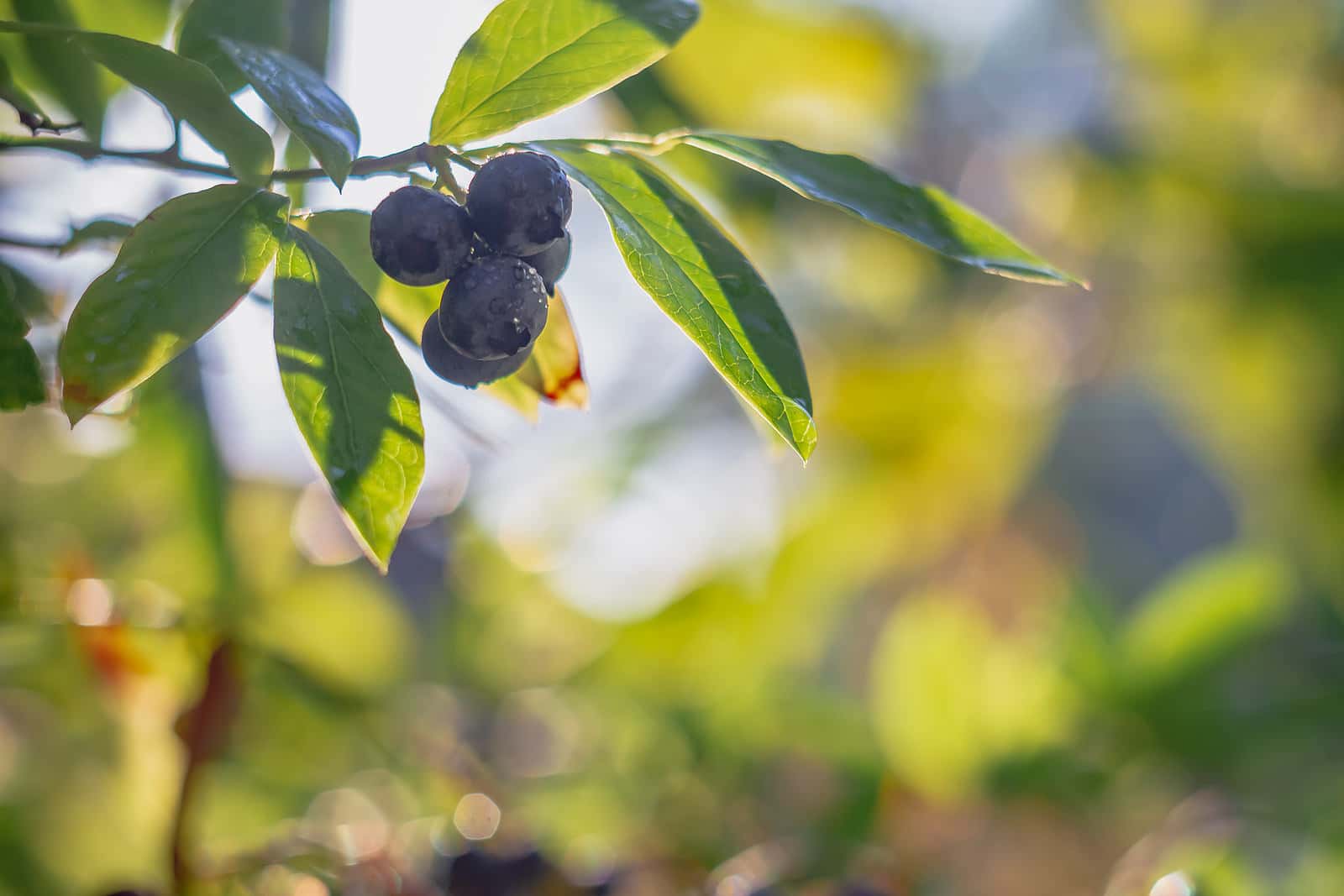
Wound care can be an extremely difficult problem. Chronic wounds, especially pressure ulcers and diabetes-related sores, may fail to heal due to inadequate blood supply to the tissues. They can cause a great deal of pain as well as pose a risk for serious infections. Scientists think an extract from wild blueberries could help (American Physiological Society annual meeting 2022).
Wound Healing With Wild Blueberries:
Researchers at the University of Maine have found that wild blueberries contain polyphenols that may help wound healing. They treated rats with an extract of these berries. Then, they compared treated wound closure to that of untreated rats.
The lead author concludes that:
“Wild blueberries have the potential to enhance cell migration, new blood vessel formation (angiogenesis) and vascularization and to speed up wound closure. This is especially important in conditions that require enhanced wound closure in patients with chronic wounds such as diabetic wounds, burns and pressure ulcers.”
Other Approaches to Wound Healing:
Wild blueberries are not the only source of polyphenols that may be helpful. Some investigators have found that adequate sleep is crucial to wound healing. Earlier research has also shown that manuka honey can speed healing. Sugar applied to a hard-to-heal wound might also be useful.
Managing wound care without causing additional pain is a persistent challenge (British Journal of Community Nursing, Sep. 2017, Supp. 9). If wild blueberries can provide substances to help speed healing, wound care specialists would certainly welcome that. Other natural or naturally-derived products that have been studied include honey, alginates, polyurethane, gelatin and dextran (Advances in Skin & Wound Care, Oct. 2021).
Citations
- Jones J & Williams H, "Wound management should not be a pain." British Journal of Community Nursing, Sep. 2017, Supp. 9. DOI: 10.12968/bjcn.2017.22.Sup9.S38
- Sathe PS et al, "Alternative Wound Management: Translating Science into Practice." Advances in Skin & Wound Care, Oct. 2021. DOI: 10.1097/01.ASW.0000772872.03584.ae

